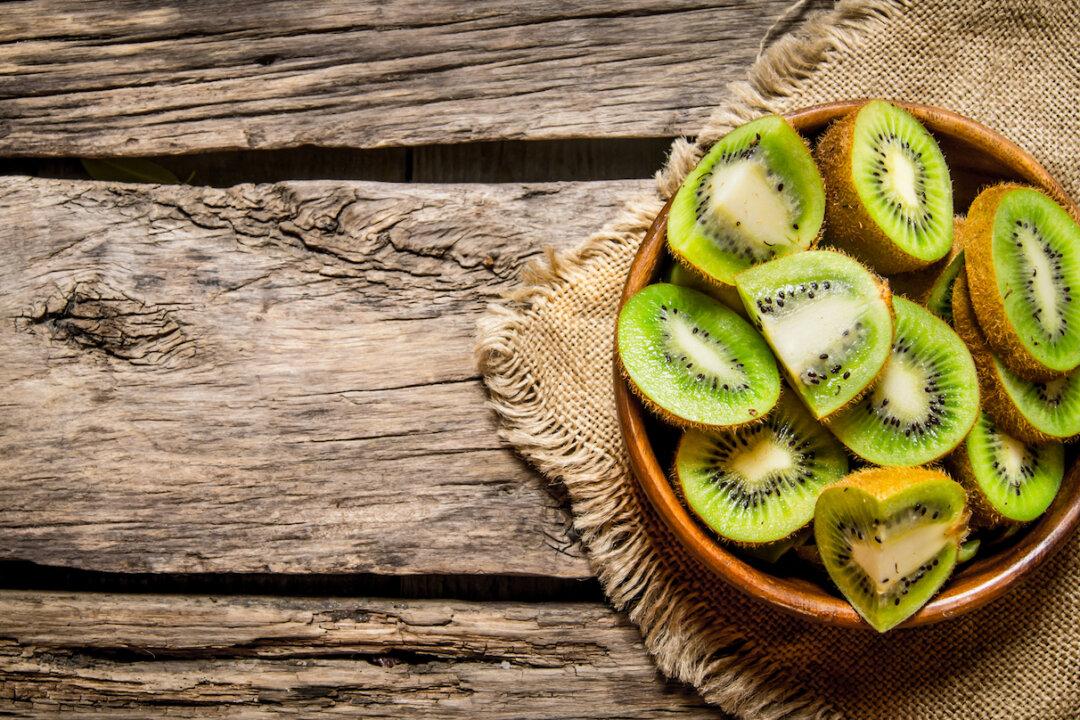It may seem like a basic question, but what is constipation? The term can describe many types of problems with moving your bowels. Constipation can mean stools that are hard and pellet-like or of reduced volume. It can also describe excessive straining, not having a daily bowel movement, or feeling like you cannot get all the stool out. All of these are descriptions of constipation, yet the symptoms are different.
What Is Chronic Constipation?
Constipation becomes chronic when it lasts for weeks to months. The different symptoms of constipation may mean different issues, and thus require different treatments, so you should be clear when describing your unique issues to your doctor.To clear up one common misconception among those used to having a clockwork bowel movement daily: it is entirely normal not to have a bowel movement every day. While having too few bowel movements (generally accepted as two or fewer per week) can be a cause of discomfort, there is no physical need to move your bowels daily.

